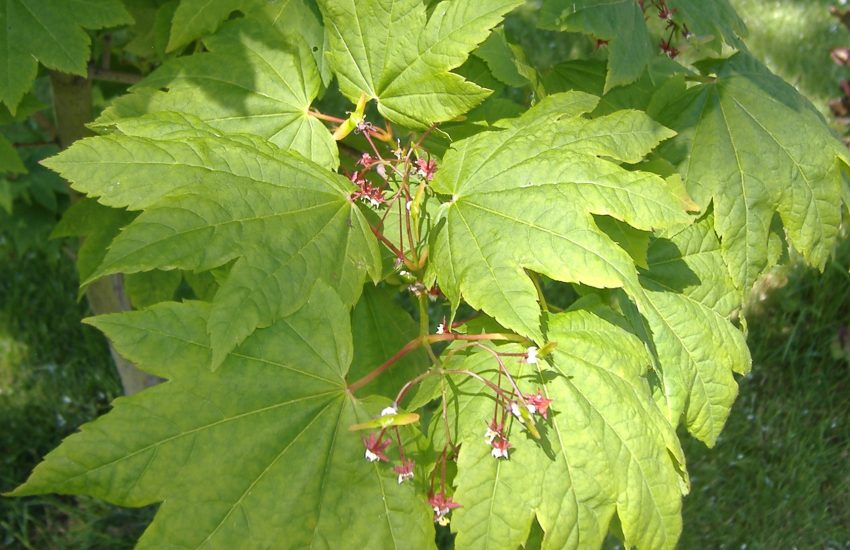Veronica Perennial: A Hardy Plant for Your Garden
Last updated: February 7, 2026
Veronica perennial, also known as speedwell, is a popular flowering plant that belongs to the family Plantaginaceae. This perennial plant is native to Europe and Asia, but it has been widely cultivated in North America as well. Veronica perennial is known for its beautiful blue or purple flowers that bloom in the late spring and early summer.

One of the reasons why veronica perennial is so popular among gardeners is its hardiness. This plant is a true perennial, which means that it will come back year after year. It is also relatively easy to care for, and it can thrive in a wide range of soil conditions. In addition, veronica perennial is resistant to many common pests and diseases, which makes it a low-maintenance option for gardeners who want to add some color to their landscape without a lot of fuss.
Perennials are a popular choice for gardeners who want to create a beautiful and low-maintenance landscape. Veronica perennial is one of the most beloved perennials, thanks to its stunning blue or purple flowers, hardiness, and ease of care. Whether you are a seasoned gardener or a beginner, veronica perennial is a great option for adding color and interest to your garden.
Cultivation and Care

Planting and Soil Requirements
Veronica perennial is a hardy plant that can grow in a variety of soil types, including sandy soil. However, it thrives in well-drained soil that is rich in organic matter. The plant should be planted in spring or fall in an area that receives full sun. It is important to space the plants about 18 inches apart to allow for proper growth.
Watering and Nutrients
Veronica perennial requires moderate watering during the growing season. It is important to keep the soil moist, but not waterlogged. The plant also benefits from regular fertilization with a balanced fertilizer. Compost can also be added to the soil to provide additional nutrients. Mulching around the base of the plant can help retain moisture and suppress weeds.
Pruning and Maintenance
Veronica perennial is an upright plant that requires minimal pruning. Deadheading spent flowers can encourage the plant to produce more blooms throughout the summer. It is important to keep an eye out for diseases such as powdery mildew and leaf spot. If these diseases are present, it is recommended to remove infected leaves and treat the plant with a fungicide.
Overall, Veronica perennial is a low-maintenance plant that is easy to care for. With proper planting, watering, and fertilizing, it can thrive in a variety of soil types and growing conditions.
Varieties and Landscaping Uses
Veronica perennial is a versatile plant that comes in many varieties and can be used in a variety of landscaping designs. Here are some popular varieties and landscaping uses of Veronica perennial.
Popular Varieties
Veronica spicata, also known as spike speedwell, is a popular variety of Veronica perennial. It grows up to 2 feet tall and has clusters of blue or pink flowers that bloom in the summer. Another popular variety is Giles Van Hees, which has tall spikes of purple flowers that attract pollinating insects.
Royal Candles is a popular Veronica perennial variety that has tall spikes of blue flowers that bloom in the summer. It is a great choice for borders or clusters in rock gardens. White and pink Veronica perennial varieties are also available, such as White Wands and Pink Damask.
Design and Wildlife Attraction
Veronica perennial is a great choice for groundcovers, as it spreads quickly and can help prevent erosion. It also makes a great cut flower and attracts pollinating insects, such as butterflies, bees, and hummingbirds.
Veronica perennial can be used in a variety of landscaping designs, such as rock gardens, borders, and clusters. It also makes a great groundcover, especially in areas where other plants may struggle to grow.
Overall, Veronica perennial is a versatile and attractive plant that can add color and interest to any landscaping design. With its many varieties and landscaping uses, it is sure to be a great addition to any garden.


